Journalist Do Doan Hoang on a reporting trip.
- After many years of reporting, working for many major newspapers in Vietnam, now, if you were to say a few sentences that are most Do Doan Hoang-style about reporting and investigative reporting, what would you say?
- For me, reportage is the "heavy artillery" of the press. And investigative reportage is the same or even more so. With the nature of social criticism, contributing a worthy and strong voice to the press public, to the whole society, investigative reportage has received the most effort, talent, and dedication from press agencies to serve the press public. I think more simply and specifically: For this genre, newspapers favor the largest page space and length (my reportage ran up to 108 times), our recent award-winning reportage also had 54 news and articles with many articles longer than 3,000 words; it costs the most business expenses, the highest royalties, reporters have to "face" many things and spend the most time.
Not only setting an example, reflecting, not only analyzing social issues, but more than that, investigative reporting also criticizes policies, investigates, denounces violations, proposes solutions to resolve outstanding issues, recommends methods of action, even proposes amendments to current regulations (if necessary), and moves towards discussing broader measures so that events and issues are resolved most thoroughly. Finally, when there are solutions and actions, the press can, in turn, monitor and criticize those results again. What I mean is that the press can go to the end of the matter, for a more compassionate and kind community.
- Can you tell us about some of your recent "hard-hitting" and effective investigations?
- I would like to give just a few examples of our reports that have been awarded journalism awards recently. Like the rescue of 24 tigers in Nghe An (in the exclusive series "Horror of the tricks of slaughtering wild animals", the series was awarded the A prize, National Press Award 2021), I discussed, directly sent videos , images, and recordings to the Director of Nghe An Provincial Police, to the Head of the Professional Department and worked with many investigators in turn. After more than half a year, we had an extremely effective intervention, with more than 200 police officers and many other forces working together. 8 tigers in that case are now being cared for at Thu Le Zoo in Hanoi, 7 tiger cubs have weighed several hundred kilograms and are being raised semi-wild in Phong Nha - Ke Bang National Park. Many subjects illegally raising tigers and illegally transporting tiger cubs from Laos have been imprisoned one after another...
Similarly, in the series of articles about the destruction of ironwood forests in Ha Giang (“Behind the destruction of the most “giant” ironwood forest in Vietnam” - A prize, the 3rd National Press Award on fighting corruption and negativity, 2020 - 2021), and a series of long-term investigative reports on the case of transporting smuggled goods via postal vehicles from Lai Chau province (“The route of smuggled timber via express delivery vehicles” - A prize, the 2023 National Press Award, and also awarded B prize, the 4th National Press Award on fighting corruption and negativity, 2022 - 2023), we have stepped in, denounced and the subjects have been sentenced to a total of nearly 70 years in prison (the case in Ha Giang), 35 subjects have been arrested, including a number of provincial and district-level officials and 7 directors of the Forest Management Board (the case in Lai Chau).
- Having been attacked and bled, having faced many other threats, do you feel safe now?
- After the time I was attacked, many newspapers (especially journalism students or journalists who were students of professional classes that I taught) asked me about how to stay safe when doing investigations. I told the truth: "I don't know how to stay safe, so I dare to say!". My career journey has had experiences that led to bloodshed. Then I was threatened to kill, they threatened to kill my parents, my children, even my father-in-law! To the point that when they threatened, I still said as I once answered VTV3 - Vietnam Television: "If they threatened, I would withdraw, but how could I trade my life for an article. But I still optimistically thought, if they threatened, they wouldn't kill, and if they killed, they wouldn't threaten."
- In your heart, do you ever think about the dangers that can happen?
- To increase safety during the investigation process and after the article is published, we always work in groups and strictly adhere to the minimum principles of the "investigative profession". Wherever we appear, whatever we do, we disguise ourselves and leave no trace. There are articles that, during the process, only the Editor-in-Chief knows that we did them. No one knows who the author is, and when the royalties are awarded, the list of royalties does not include my name. Therefore, there was a story, nearly ten years ago, that the leader of a newspaper had to exclaim in a meeting related to my investigative article series, that if we revealed the identity of the writer to the partner (the partner, not the perpetrator, the partner asked for the identity of the journalist on behalf of the perpetrator), it would mean that you had exchanged the blood of your colleague for "relationships".
- You once said that journalists have a positive impact on big social issues and stories, not only through published and broadcast journalistic works, but also through their own images and social activities. Can you explain this more clearly?
- Besides the "blood" to clarify many issues through their journalistic works, the investigative journalists that I know also have the ability to move people's hearts with language. "Words make writers", and the same goes for journalists. Besides the above factors, there is also the ability to "persuade" the writer. They call for teamwork, they convince partners in projects. And they lobby with experts, intellectuals, politicians , and investigative agencies at all levels to join in to handle the issues that journalists are about to or have raised. According to my experience: Activities through published and broadcast works and activities outside the written page always support and push each other forward with unexpected effects and efficiency.
- You still go out and write every day, even though you are over 50 years old. No title, no rank, no academic degree (except a bachelor's degree). Are you satisfied with your path?
- I originally studied Literature, but because my family was poor, my father was worried that I wouldn't be able to earn a living, so I had to drop out and study journalism. Being able to travel like a bird across the globe, doing and being able to do the things I like (and being content with what I can't do), I feel happy. Besides writing articles, taking photos..., teaching - inspiring colleagues, organizations at home and abroad is a field I am particularly passionate about. I see its usefulness.
In the most humble way, if I had to choose again, I would still choose journalism and teaching. And, choose both the rights and mistakes I have made in the past 30 years of writing. Choose a way of life without any academic degrees, without holding any position - other than the title of journalist. Many times, "clothes and food are tied to the ground", but I do not face down for money. I call it the way of thinking "tri tuc tam thuong lac", knowing enough is enough.
- Sincere thanks to journalist Do Doan Hoang!
“
For nearly 30 years of writing, journalist Do Doan Hoang (born in 1976 in Duong Lam Ancient Village, Son Tay Town, Hanoi) has been present in dozens of countries on almost all continents in the world and has published 34 books. Some of his works are printed in textbooks for grades 5 and 9 currently taught in high schools in our country.
Journalist Do Doan Hoang has been honored to receive many journalism awards, including 2 A prizes in the National Journalism Awards, A prize in the National Journalism Awards for fighting corruption and negativity, A prize in the Investigative Journalism Awards for environmental protection and wildlife... He was also voted by international and Vietnamese organizations as "Outstanding Journalist in the field of nature protection".
In addition to journalism, writing, and taking photos on the topic of wildlife, Do Doan Hoang also actively participates in teaching journalism.
Source: https://hanoimoi.vn/bao-chi-kien-tao-xa-hoi-nhan-van-nha-bao-do-doan-hoang-bao-chi-co-the-di-den-cung-su-viec-vi-mot-cong-dong-nhan-ai-tu-te-hon-706216.html


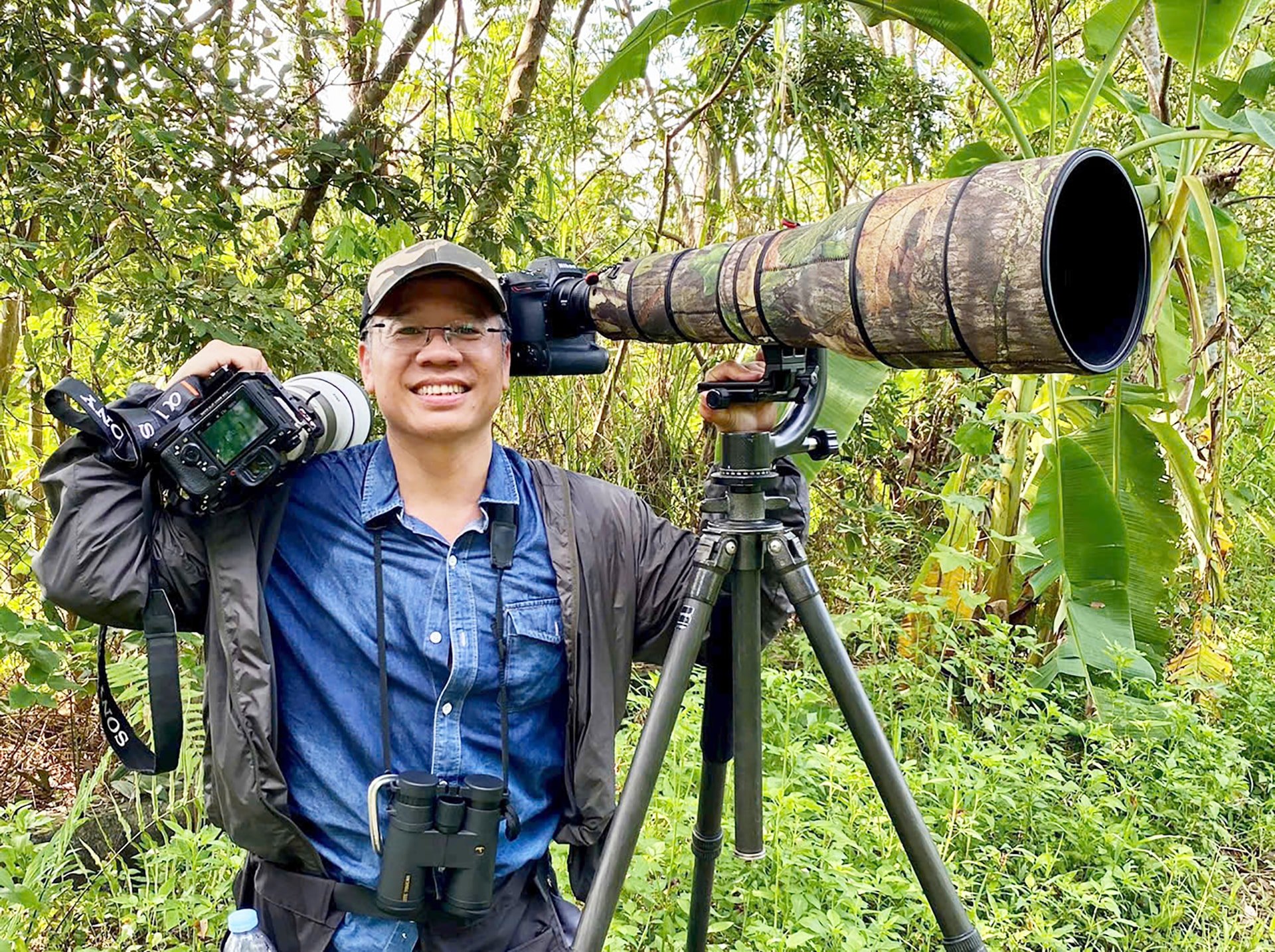





![[Photo] Binh Trieu 1 Bridge has been completed, raised by 1.1m, and will open to traffic at the end of November.](https://vphoto.vietnam.vn/thumb/1200x675/vietnam/resource/IMAGE/2025/10/2/a6549e2a3b5848a1ba76a1ded6141fae)


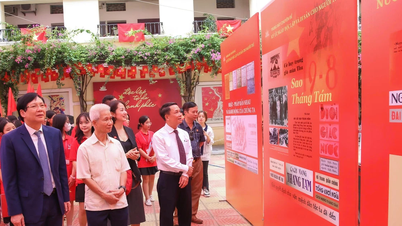
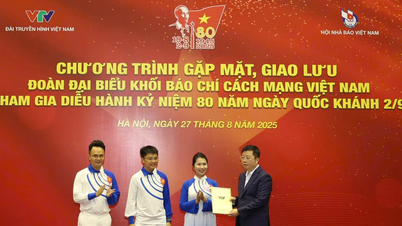



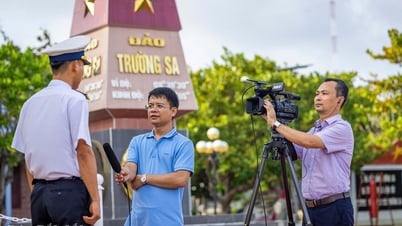

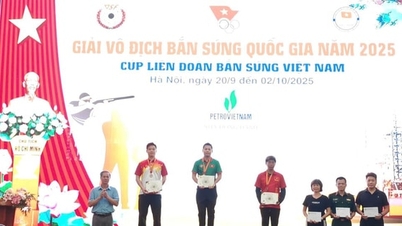
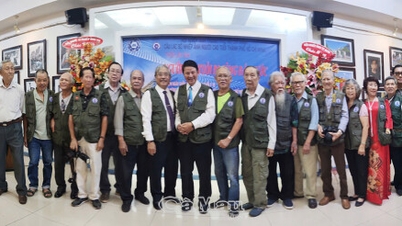

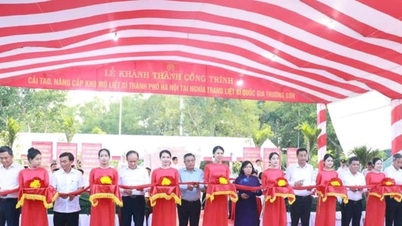
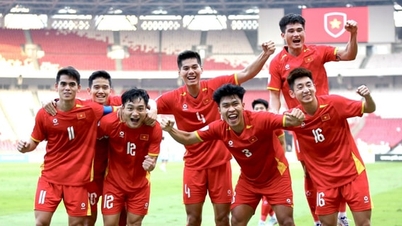
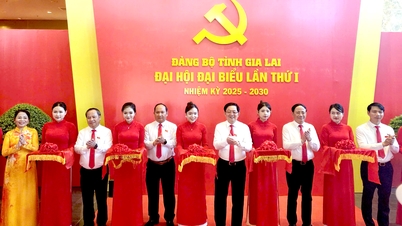

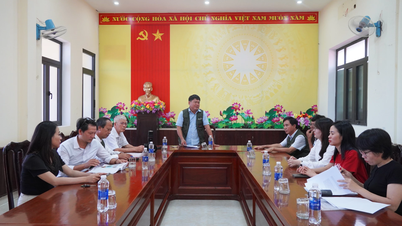





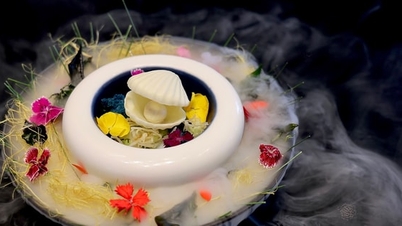
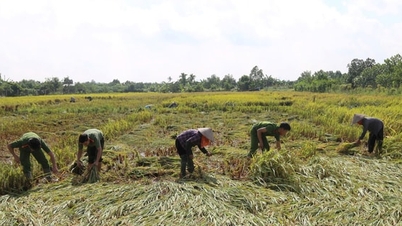
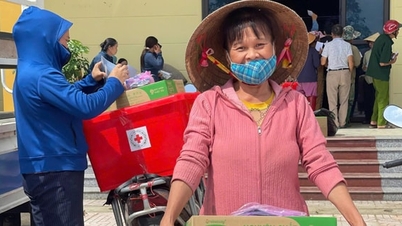

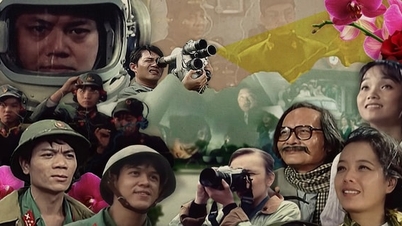
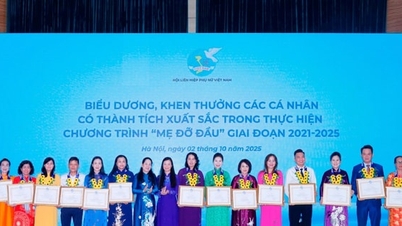















































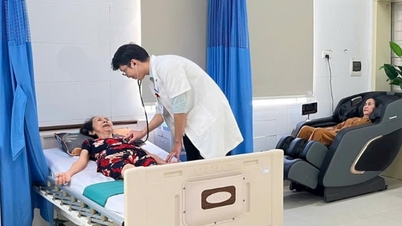

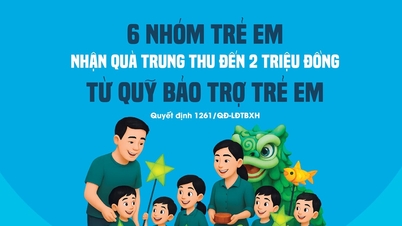
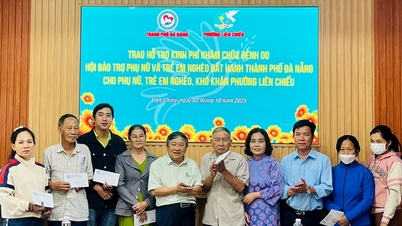
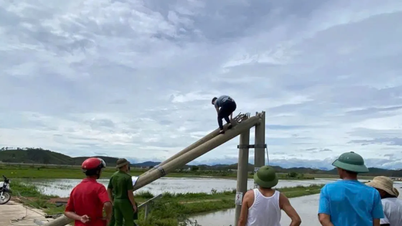

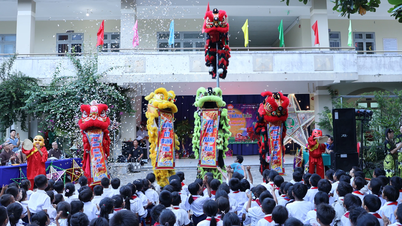

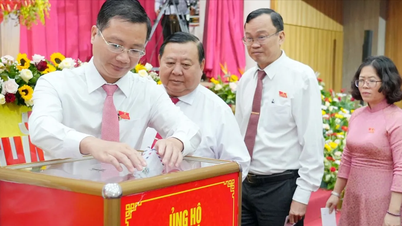












Comment (0)